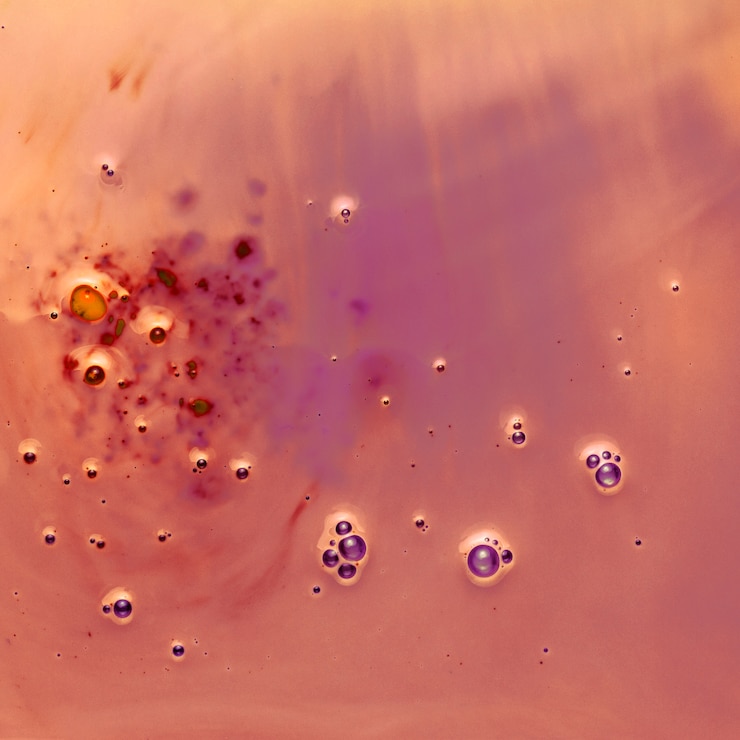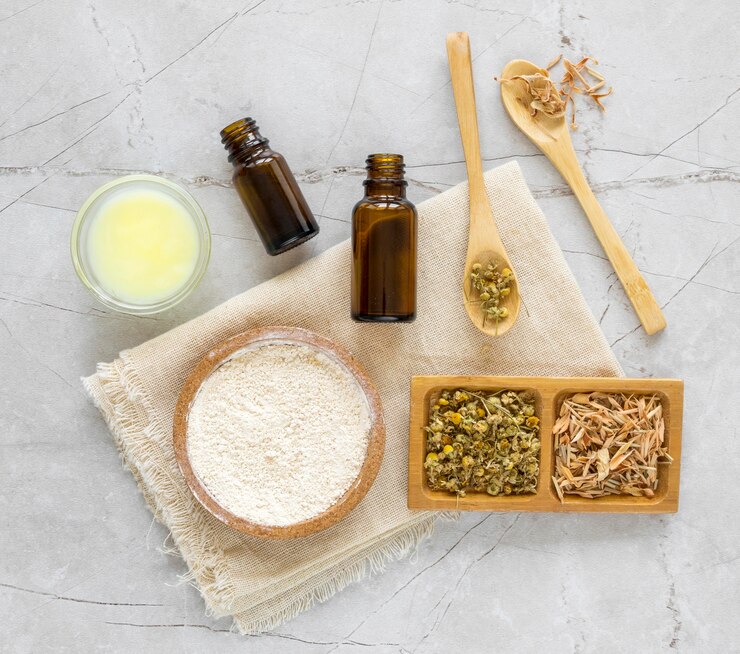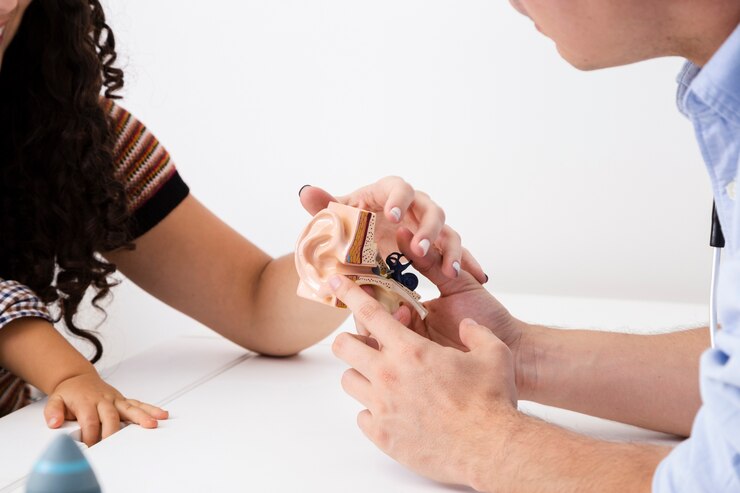
Recently, I faced a tough battle with severe rosacea. Motivated to heal naturally, I immersed myself in research about the skin microbiome. This unique ecosystem of bacteria, fungi, and other microorganisms plays a crucial role in regulating immune responses, reducing inflammation, and protecting against harmful pathogens. When this balance is off, known as dysbiosis, it can lead to common skin issues such as acne, eczema, and rosacea, as well as sensitive, dry, and inflamed skin.
Keeping a healthy microbial balance is essential for maintaining overall skin health, controlling inflammation, and ensuring your skin remains healthy and radiant. In this post, I’ll highlight ingredients commonly found in conventional skincare products that aren’t supportive of the skin microbiome.
Conventional skincare can disrupt the delicate balance of your skin’s microbiome, affecting the beneficial bacteria and microorganisms that help keep your skin vibrant. If you’re aiming to nurture your skin or tackle specific skin concerns, here are 10 ingredients to avoid—your skin will appreciate it!
1. **Harsh Cleansers and Surfactants**
Many typical cleansers include harsh surfactants, like sodium lauryl sulfate (SLS), which strip away natural oils and disturb the skin’s protective barrier. This leads to dryness and removes beneficial microbes, making the skin vulnerable to irritation and infection. Even as SLS-free cleansers become more common, foaming cleansers could still potentially damage your skin’s barrier. Personally, I use the Hello Joyous Fresh Face Cleanser, which is gentle and contains organic vegetable glycerin, helping to maintain the skin barrier and keep your skin hydrated.
2. **Antibacterial Ingredients**
Ingredients designed to kill bacteria, such as triclosan or benzalkonium chloride, also wipe out good microbes, reducing microbiome diversity and potentially fostering harmful bacteria. This imbalance can contribute to rosacea and other skin issues.
3. **Preservatives**
Preservatives like parabens or formaldehyde releasers (e.g., DMDM hydantoin) in skincare are used to extend shelf life, but they can negatively impact the skin microbiome. Although preservatives help prevent microbial growth in products, they also kill beneficial bacteria. While extending product shelf life is important, especially for products mainly made of water, consider opting for waterless products to avoid overuse of preservatives.
4. **Fragrances and Dyes**
Synthetic fragrances and artificial dyes can irritate the skin, causing inflammation or allergic reactions that disrupt the skin barrier and throw off the microbiome balance. This can lead to increased sensitivity, redness, and other skin issues.
5. **Alcohol (Denatured or SD Alcohol)**
High levels of alcohol in toners, cleansers, or makeup removers can be harsh and drying. This strips natural oils from the skin, weakening the microbiome and making the skin susceptible to environmental stressors and moisture loss.
6. **Over-Exfoliation with Chemical Exfoliants**
Overusing chemical exfoliants like alpha-hydroxy acids (AHAs) and beta-hydroxy acids (BHAs) can disrupt the skin’s natural pH and aggressively remove skin layers, leading to microbiome imbalance, irritation, inflammation, and breakouts. Personally, I prefer physical exfoliants as they allow me to control the exfoliation process and it’s a great opportunity for self-care. I exfoliate 1-2 times a week, which keeps my skin fresh and glowing by removing dead skin.
7. **Petroleum-Based Ingredients**
Mineral oil and petrolatum commonly found in moisturizers create a protective layer that might block pores, preventing the skin from ‘breathing’ and stifling beneficial bacteria, leading to microbiome imbalances.
8. **pH Imbalance**
Skincare products with a high alkaline pH can disrupt the skin’s natural acidic pH, which is essential for a healthy microbiome. A disturbed pH can impair the skin barrier and enable harmful microbes.
9. **Silicones and Occlusives**
Dimethicone and other silicones form a synthetic barrier on the skin that can trap sweat, dirt, and bacteria, hindering the microbiome’s function and leading to clogged pores.
10. **Overuse of Acne-Fighting Ingredients**
While acne treatments with benzoyl peroxide, salicylic acid, or strong retinoids target acne-causing bacteria, they can disrupt the skin’s microbiome balance, leading to dryness, irritation, and potentially worsening acne through increased oil production.
Maintaining a balanced skin microbiome is crucial to avoiding issues like dryness, sensitivity, breakouts, and premature aging. Choosing gentle skincare products free from harsh chemicals and supportive of your skin’s natural ecosystem is key.
I hope this information helps you cultivate a healthier skin microbiome!
Regarding my rosacea treatment, I’ve shared several posts that could be beneficial. I’ll link them below, as a natural health approach can offer many strategies.


